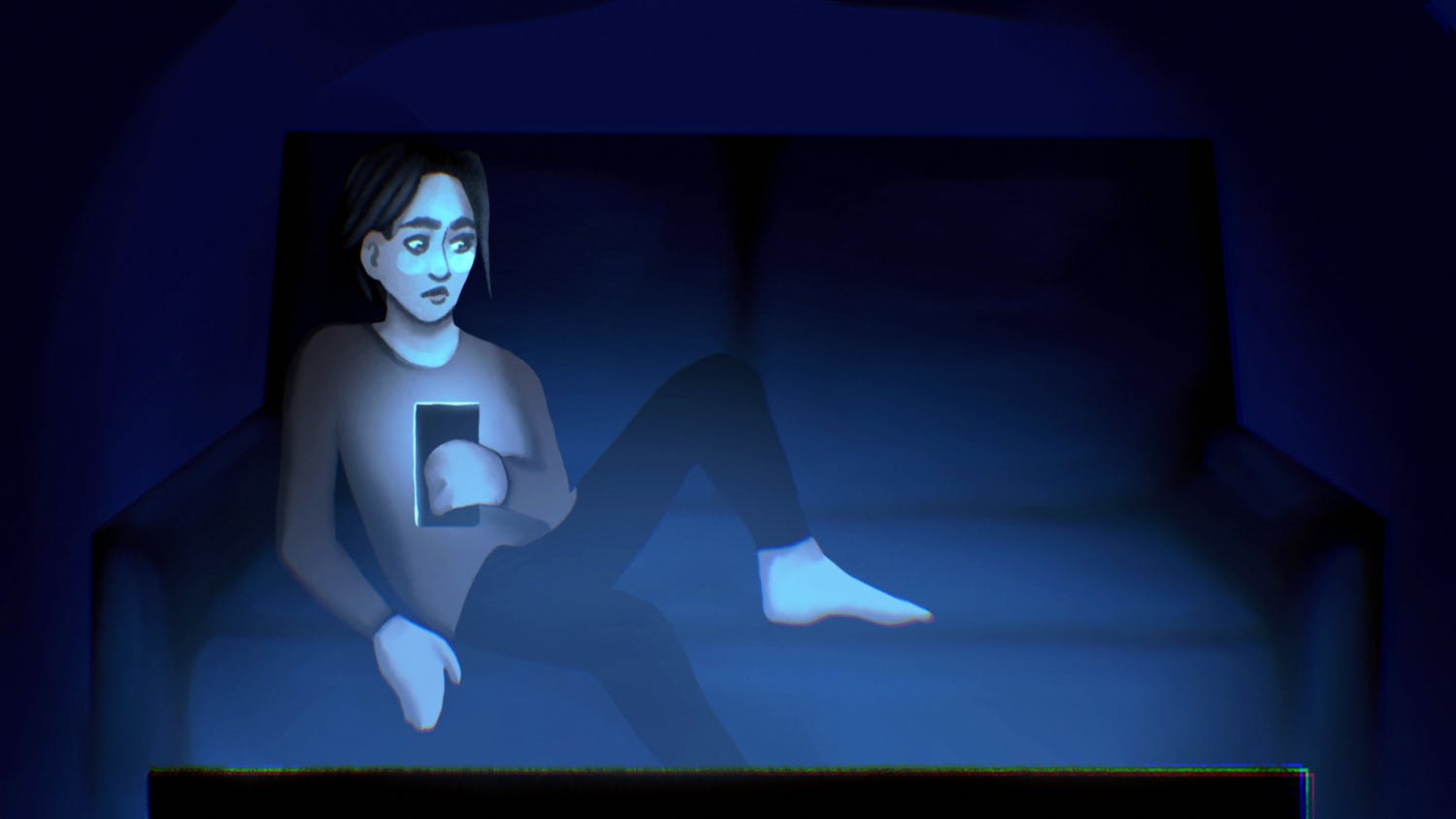"An Angel at My Table" is a rare commodity: a film about a woman saved by her work. It's an uncommon scenario in today's films, where most narratives insist people can only be saved by each other. \nThe film follows the life of Janet Frame, an English prodigy, from her childhood into adult years where she is hospitalized for schizophrenia. She then remains in the psych ward for eight years, not because she is crazy, but because she is paralyzed by her own fear of the outside world. Her way to heal herself is by writing stories and poems, which eventually free her from her self-made prison. \nJanet Frame was one of New Zealand's foremost literary figures. She was acclaimed for her poetry, short stories and novels, and received worldwide attention upon completion of her three-part autobiography. Known for being a recluse, disinterested in public fame, she intrigued young filmmaker Jane Campion.\nInitially contrived for TV, Campion had no idea the project would eventually be released at film festivals. After receiving several awards, she allowed the movie to be released internationally. \nIt was critically acclaimed and remains one of Campion's greatest successes, her greatest success being the hyper-erotic Holly Hunter vehicle "The Piano." There are several things, however, that set this film apart from the mythical, eerie storytelling of her later work. It's simple, sad and slow. It's imperfect in its pacing, tending to drag at times. But the intent of the film remains intact, and its power is indisputable. It tells the story of a life, a task that cannot be done if a filmmaker is in a rush.\nThe Criterion version of the film includes several worthwhile features. The commentary by Campion, cinematographer Stuart Dryburgh and lead actress Kerry Fox is involving and reveals some of Campion's most notable working techniques. It includes some deleted scenes, a making-of documentary, a stills gallery, the original trailer and a 40-page book. But the most valuable feature is the 23-minute radio interview with Janet Frame. Frame rarely spoke publicly, and this 1984 interview is highly revealing of her life and work. \nFrame said in her interview she rejected the public fascination with her private life, preferring instead to be gratified by the fact that so much of her fiction was popular. Campion put it best when she said though her stories were beautiful, it seems she didn't know her best story was the one she wrote about herself.
This 'angel' is a blessing
Get stories like this in your inbox
Subscribe





